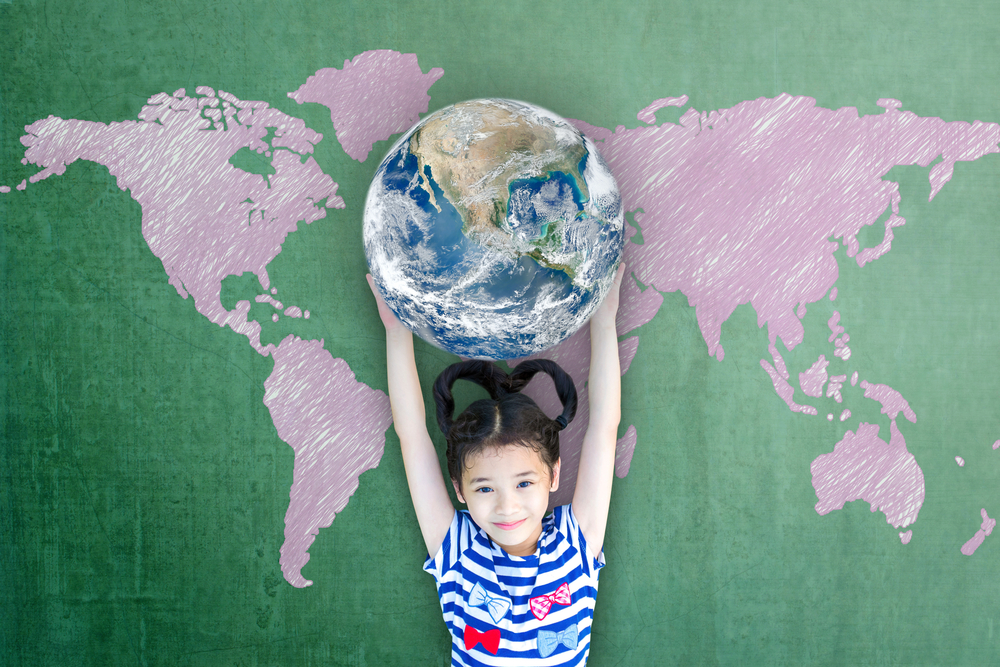Knowledge is power. Investing in our future means investing in our youth.
Global education enables young people to participate in shaping a better, shared future for the world. Its premise is to raise awareness on issues such as social justice, sustainable futures, identity and cultural diversity, and interdependence and globalization. Instilling in the world’s classrooms a global perspective, ensures a positive intertwined mindset for years to come, for it is not just the factual information learned that tangibly improves the quality of person, but the relationships, habits and interpersonal skills which will overtly determine the outcome of the next decade, century and millennium.
Intellectual stimulus should be centered on the issues that need it
Striving to attend the best school possible or receiving a promotion are top issues on the minds of every young student, but engaging cultural differences or sustainable energy sources certainly are not up there. At American Universities across the country, summer programs and leadership institutes are excellent opportunities to discover the world and interact with students who share a different perspective. The Johns Hopkins Center for Talented Youth offers a three-week program at Princeton University entitled “Global Issues in the 21st Century”, which challenges American students and their international peers to tackle social, economics and political problems which stem from issues from around the globe. This intensive educational forum provides a global microcosm of young scholars and allows them to entertain and answer big questions like: “How will we, the future generation, end child labor in our lifetime?“, or “On what energy source will the future nations and cities be powered?”, in new and creative ways. Growth through learning and opportunities like these make a young talent blossom, and provides a hope to a better life in days ahead.
Reflecting on a personal level, I have been fortunate enough to have had many academic experiences which have exposed me to global education. One of them was the Yale Young Global Scholars that opened my eyes and broadened my horizons, not just to the level of work I would be experiencing at university, but the cultures, interests and thoughts of young intellectuals from around the world.
Investing in our future means investing in our youth
Every child deserves an education. Today’s youth should not be oblivious to the social justice issues happening outside their country, their town for that matter. It is our future, and our responsibility to make it better. Our first and most important step, is to initiate and underwrite a preliminary education system for every child around the globe.
In 2000, the United Nations released the millennium goals which they hoped to reach by the year 2015. The second goal was universal primary schooling with the aim to expose children to an educational environment at a young age. This goal however has only accomplished a mere scratch on the surface of the issue. As of 2012, 58 million children still remain unable to receive a primary education. “Among youth aged 15 to 24 the literacy rate has improved globally from 83 per cent to 91 per cent between 1990 and 2015.” (A) As the world continues to grow, so must the education system. In year 2015, literacy should not be at the forefront of the United Nations discourse but intrinsic to the human experience.
To attack the issue of global education head on, I propose three measures:
1) increasing in domestic spending on education to 15 to 20 percent,
2) ensuring universal coverage for poverty-stricken families, and
3) roughly 11 billion dollars in aid necessary for the success of universal education.
Small movements, or even a seminar in your history class with regards to the benefits of a universal primary schooling, can have a huge impact on your community. (For more information see: www.globaleducationfirst.org.)
In the words of Nelson Mandela:
Education is the most powerful weapon which you can use to change the world.














